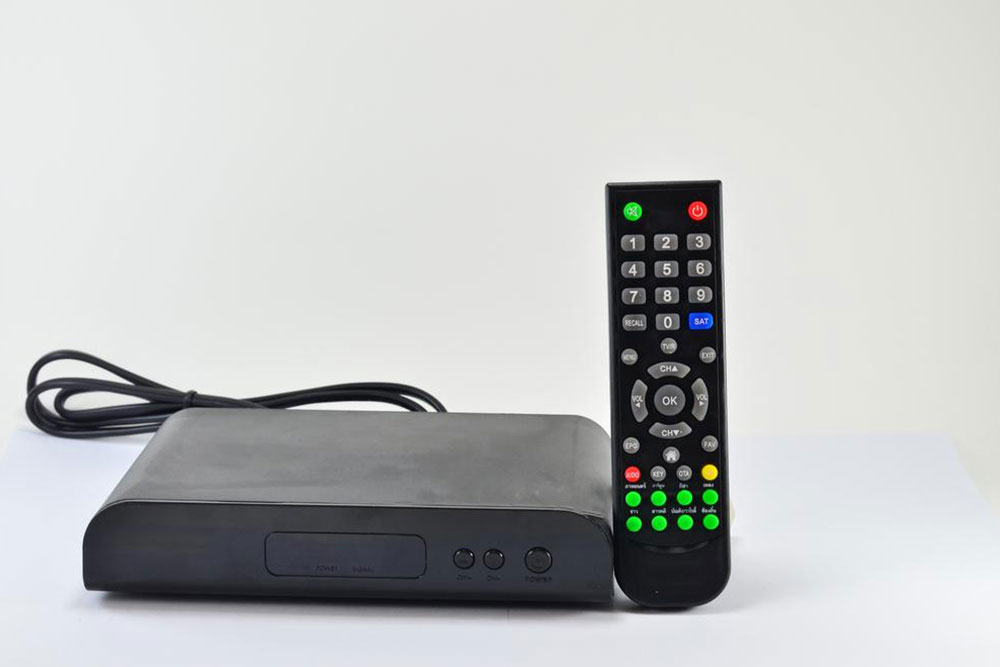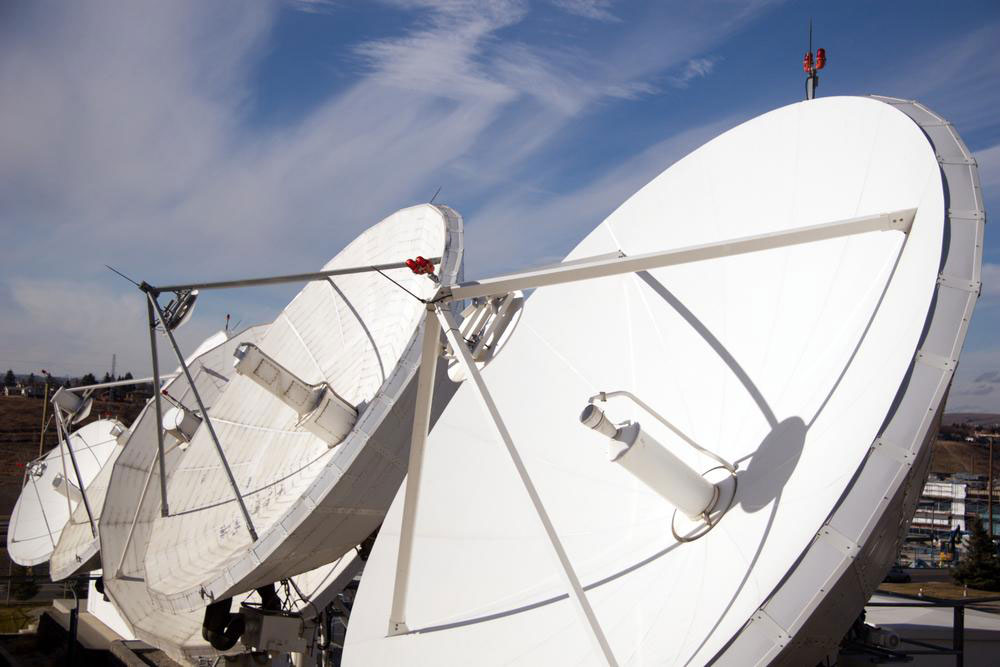Essential Guide to Selecting the Perfect Wireless Internet Service
Discover practical tips for selecting the best wireless internet plan, focusing on assessing needs, connection types, cost comparison, data limits, equipment fees, and deals. Get reliable insights to ensure a seamless and cost-effective online experience tailored to your household or business requirements.

Essential Guide to Selecting the Perfect Wireless Internet Service
Wireless internet, commonly known as Wi-Fi, enables users to connect their smartphones, laptops, and other devices to the internet and share data seamlessly. Although numerous Wi-Fi plans are accessible, choosing the right provider is crucial. Reliable ISPs offer high-speed connections, consistent performance, affordable pricing, and responsive customer support. Whether setting up a new connection or upgrading your current plan, following some key tips can help you maximize value and ensure a smooth online experience.
Evaluate Your Internet Needs
The first step in selecting the ideal internet plan is understanding your data requirements. This depends on the number of users and devices, as well as online activities. For casual browsing, social media, and light streaming, a plan with speeds around 100 Mbps is sufficient. However, households with multiple users engaging in gaming, video conferencing, or content creation will need higher gigabit speeds.
Choose the Appropriate Connection Type
Picking the right internet connection is vital. Options include fibre optic, 5G home internet, and cable. Fibre networks offer fast, reliable speeds but come at a higher cost. Cable internet is more budget-friendly but may have slower speeds in some areas. For instance, fibre plans can range from £25 to £60 monthly depending on the package, while FTTC broadband costs about £25-£32, and FTTP options may cost up to £60.
Compare Cost versus Value
Different providers have varying pricing models. Instead of solely choosing based on price, consider the best value. Calculate cost per Mbps by dividing the plan's speed by its monthly fee. For example, a plan offering 150 Mbps for £20 equates to approximately 13 cents per Mbps, whereas a 500 Mbps plan at £45 reduces to about 9 cents per Mbps, offering better value for higher speeds.
Understand Data Usage Limits
Some ISPs impose data caps which, if exceeded, may result in additional charges or reduced speeds. To avoid surprises, opt for plans with sufficient or unlimited data to suit your usage levels. For heavy users, selecting plans with higher allowances or unlimited data ensures uninterrupted connectivity without extra costs.
Assess Router Rental Charges
Routers are necessary for a home Wi-Fi setup. Many providers include router rental fees, typically around €4-€10 monthly, or offer devices for purchase. Always factor in these costs when calculating your total monthly expenditure. Sometimes, providers include equipment at no extra charge, so clarify equipment fees before signing up.
Review Contract Terms
Contracts vary from month-to-month to annual commitments. Monthly plans may cost more but offer flexibility, allowing upgrades or cancellations with ease. Annual contracts often give discounts but can lock you into longer terms, with possible early termination fees if you decide to leave early.
Watch Out for Hidden Fees
Carefully read the fine print before committing. Hidden costs like installation, equipment replacement, or maintenance fees can inflate your total bill. Understanding all charges upfront prevents unexpected expenses later.
Seek Deals and Discounts
Look for special offers or promotional deals online by searching keywords like "Wi-Fi discounts" or "affordable internet plans." Contact customer service for current promotions or bundle deals to save money on your internet service.










